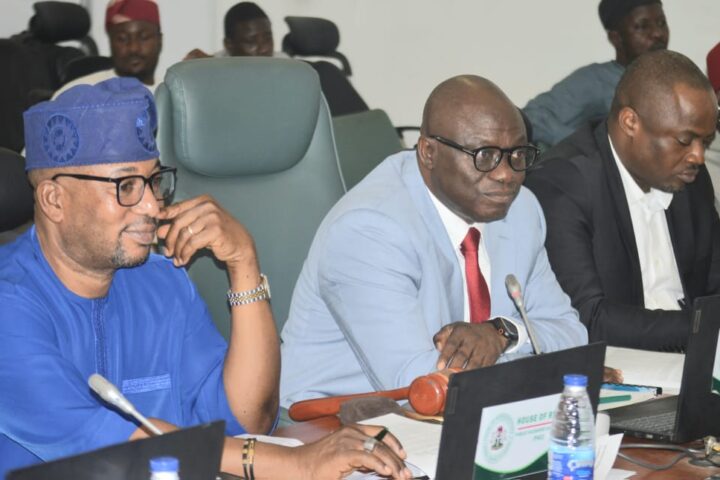Mohammed Shosanya
The Nigerian Economic Summit Group (NESG),says the current food crisis in Nigeria requires immediate humanitarian, social protection, and food systems responses to address.
The NESG has recently issued a policy brief entitled “Status of Food Security: Dimensioning the Crisis, Policy Options, and Strategic Responses.”
The brief outlines urgent measures to address the current food crisis in Nigeria, aiming to develop a comprehensive approach to alleviate hunger and offer practical solutions.
The NESG quoted the statistics from the National Bureau of Statistics(NBS) which reveals that “In January 2024, Nigeria’s food inflation surged to 35.41% from 33.9% in December 2023.
“The number of food-insecure Nigerians increased significantly, from 66.2 million in Q1 2023 to 100 million in Q1 2024 (World Food Programme, 2024), with 18.6 million facing acute hunger and 43.7 million Nigerians showing crisis-level or above crisis-level hunger coping strategies as of March 2024.”
A statement issued on Thursday by Ayanyinka Ayanlowo, Acting Head, Strategic Communications and Advocacy, NESG, explained that the unprecedented food crisis demands immediate humanitarian, social protection, and food systems responses.
It noted that:”Despite a contraction in the Nigerian Agriculture Sector in 2023, resulting in reduced productivity, the nation is fortunate to face no climatic risks of famine or drought, as no part of Nigeria is categorised as High Risk or Moderate Risk and Deteriorating.”
It stated that the National Food Systems Profile reveals critical institutional, policy and industrial coordination and governance gaps.
“This reflects a fundamental and systemic challenge with National Food Systems vulnerabilities, which is not a new insight.
“NESG and other national stakeholders under the then Federal Ministry of Finance, Budget and National Planning supported the National Food Systems Assessment with the Food and Agriculture Organisation of the United Nations, the French Agricultural Research Centre for International Development, and the European Union in 2022.”
“In the final report, “Food Systems Profile-Nigeria: Catalysing the Sustainable and Inclusive Transformation of Food Systems,” the key findings showed that Nigeria needed to apply urgency, tenacity, and a national state of emergency in dealing with the following: Persistent Structural Vulnerabilities and Continuing socio-economic vulnerabilities persist, with 133 million people experiencing extreme multidimensional poverty, characterised by significant regional disparities.”




















